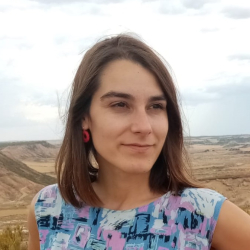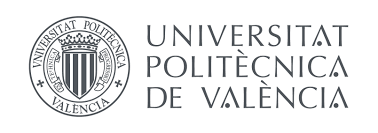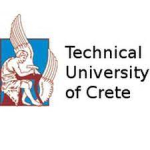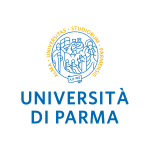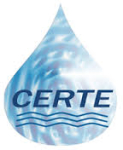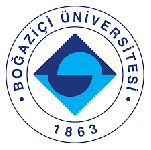- Overexploitation of water resources especially in the summer season, where the touristic and agricultural activities increase water consumption (especially in Greece and Tunisia). In the Portuguese case study, a significant area around the mining site has a depressed water table that caused dry wells in nearby properties. In Turkey, a large part of the Konya basin water budget deficit (2 billion m3) is supplied by groundwater resources. The estimated number of wells in Konya closed basin is around 130,000 with only 27,140 of them licensed, what jeopardizes the basin’s environmental and agricultural sustainability. In the Requena-Utiel, Spain, there is a problem with the continuous decline of piezometric levels in the aquifer due to the transformation of dry vineyard farming to irrigated farming. Similarly, the Korba aquifer (Tunisian case study) has experienced a significant historical overexploitation, where the number of pumping wells increased almost linearly from 270 wells pumping 4 million m3 in 1962 to more than 8000 wells pumping 50 million m3. This increase resulted in a severe regional depletion of the water table and salinization by seawater intrusion. Numerical simulations showed that about 150 years are needed to turn back the aquifer to the natural situation and stop the depletion problem,
- Increase of water pollution risks due to diffuse, point sources and seawater intrusion. The use of large amounts of organic and synthetic fertilizers and uncontrolled discharge of urban and industrial wastewaters (especially in Tunisia) are the main origins of this pollution. It has been recently shown that the sea water intrusion and the shallow salinization from irrigation in the Korba aquifer were the main source of salt pollution up to 1.5 km inland. While, in Castro Verde, Portugal, the mine tailings facilities have significantly increased the risk of aquifer contamination with current monitoring already detecting a contaminated plume dispersing downstream,
- Absence of a legal framework for water resources integrated management (especially in Tunisia), which negatively affects the efforts deployed by all concerned actors. In Turkey, there is a legal framework that addresses exploration, allocation, utilization, protection and regulation of groundwater resources; however, this legal framework aims for the short term rather than for the long-term sustainable use of the groundwater resources. The experiences from the application of the water framework directive in Spain, Greece, and Portugal, will be shared with Tunisia and Turkey. The establishment of a legal framework for water quality and a long-term perspective will be one of the core objectives of InTheMED proposal,
- Presence of various institutions in charge of water resources management. The poor communication between them, due mainly to bureaucracy, has seriously limited the national strategies regarding water resources management, especially in Tunisia and Turkey. Indeed, in Tunisia, at the regional scale, water resources are mainly managed by the following institutions: i) the regional commissaries for agriculture development, ii) the regional drinking water agencies, iii) the regional water sanitation offices, iv) the regional environment protection agencies and v) the local agricultural development. Similarly, in Turkey, at the regional scale, water resources management is fragmented between numerous institutions such as: i) the Ministry of Environment and Urban Planning, ii) the Ministry of Agriculture and Forestry, iii) State Water Works, iv) local irrigation associations, v) local agricultural production cooperatives, and vi) municipal water works, resulting in clear lack of coordination and communication between responsible institutions. The coordination between all these institutions should be reviewed on the basis of the current systems used in other countries such as Spain, Greece and Portugal,
- The disengagement of civil society and socio-economic actors in the quest for an efficient water resources governance is due mainly to a faulty coordination and poor communication and dissemination strategies among the different actors. According to the SWOT analysis, this weakness exists in all case studies, except Portugal. This non-participatory approach has led to the absence of an integral water resources management in some partner countries such as Turkey and Tunisia. The Spanish case study adds a special situation to this problem, where farmers have moved from vase vine crops to vines growing in trellises. The latter is more productive but requires irrigation to adequately control the stress at which the plant grows. This change in the type of farming has been made to maximize profit disregarding the impact that it would have on the aquifer, what has prompted the water authorities to take measures to mitigate the impacts. In Turkey, civil society is not an active participant of the governance scheme. Policy making and management is a top down approach. The experience gained in Greece, Portugal and Spain with an appropriate legislative framework for water management will be shared with Tunisia and Turkey.






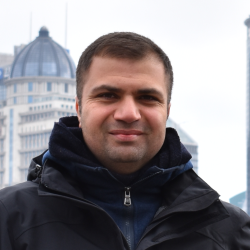
.JPG)

